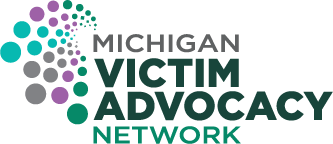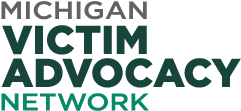Planning to Respond Well to Emergencies at Programs: Parts 1 and 2
Recordings from Spring 2023
Confidentiality Institute
Survivor service providers strive to create safe, confidential, healing spaces for trauma survivors. But even in those spaces, emergency situations can arise – threats of violence, medical crises, and escalating conflicts to name a few. You can’t know when an emergency will happen, but you can prepare to respond in advance.
Part 1
Part 2
This webinar will support programs and their staff to identify the kinds of emergencies that can arise, develop a plan for responding effectively, and uphold confidentiality best practices.
We also want to highlight for you the following three big key ideas from the webinar:
- You know emergencies will happen (even if you don’t know when), so you can plan as much as possible for how you want to approach handling emergencies.
- When you plan for handling emergencies, pay attention to
-
- the confidentiality and well-being of the survivor at the center of the emergency situation,
- the confidentiality and well-being of all of the survivors who work with your program, and
- the well-being and needs of your staff and volunteers.
-
- When you talk to survivors in advance about what they would want done in an emergency, a survivor might tell you they don’t want to give you an emergency contact person. That’s okay; survivors can decide to do that.
-
- During the webinar, Alicia Aiken spoke a broadly about a survivor’s ability to tell you to do “nothing.” She really meant the survivor’s ability to tell you they don’t want to have an emergency contact called.
- In extremely rare circumstances, a survivor might tell you they prefer you take no action if they have an emergency situation. In those rare circumstances, the program should talk with the survivor about the survivor’s concerns and reasons for not wanting intervention (because you may be able to solve some of those concerns so that it does feel safe to get help), and the program should talk to survivor about any actions the program will be required to take (because of licensing requirements or basic health and safety issues) and develop a plan for the safest way to take those actions.
-
In addition, if you have complex questions or scenarios you would like to discuss specific to your program, you can request technical assistance by emailing [email protected]. Thank you.

